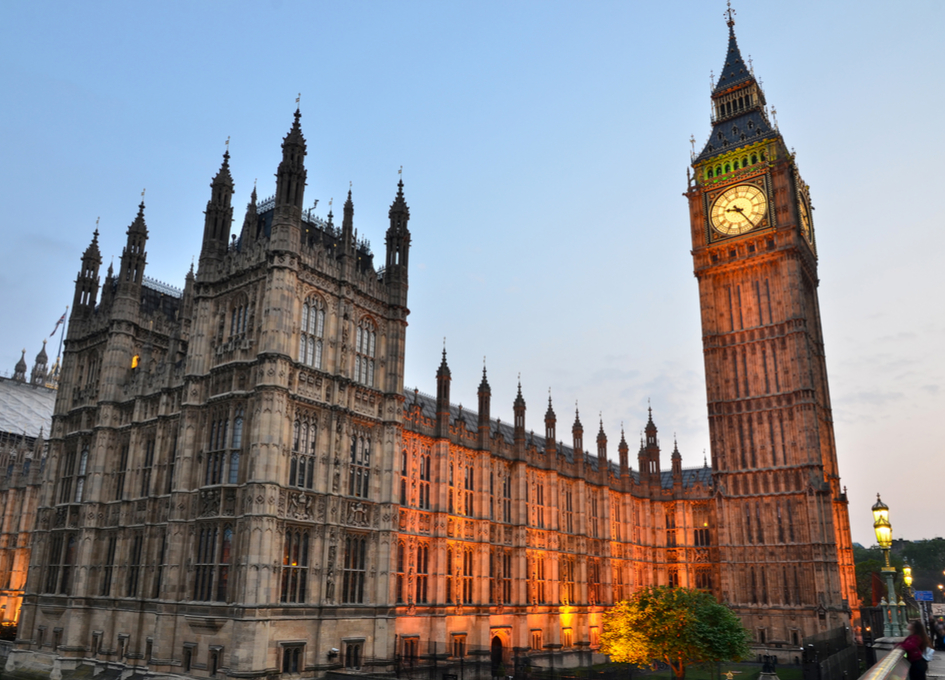Margaret Thatcher, Geoffrey Howe and Leon Brittan held Britain’s three great offices of State thirty years ago. The idea that they could have allowed the SAS to get involved in the Indian government’s attempt to retake the Golden Temple in Amritsar by force would have seemed fanciful just hours ago.[…]


